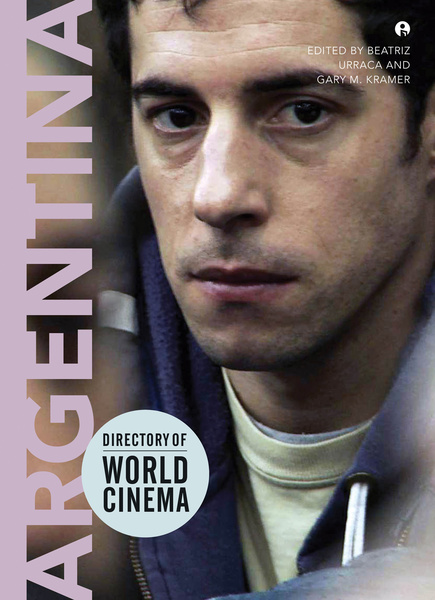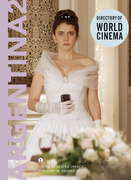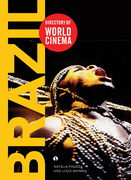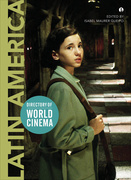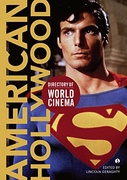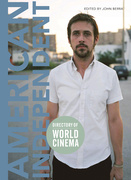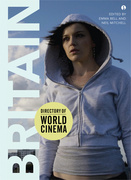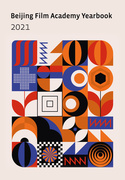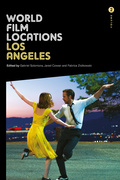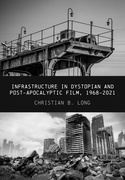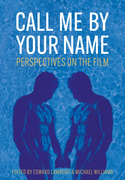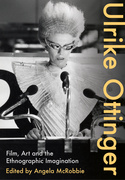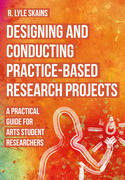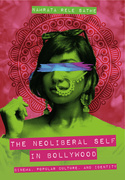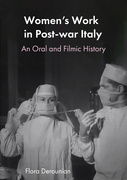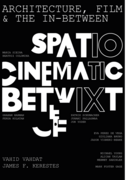Directory of World Cinema: Argentina (Book)
Directory of World Cinema: Argentina focuses on Argentina's film industry, one of the most popular, diverse and successful industries in Latin America. This book contains essays, reviews, full-colour stills, interviews, references and trivia. Topics include a survey of the country's key films, the Buenos Aires film festival and iconic directors.
Edition
Gary M. Kramer is a freelance writer.
Beatriz Urraca is associate professor of Spanish at Widener University.
Introduction by the Editors
Film of the Year
Elefante blanco/White Elephant
Festival Focus
The BAFICI
Industry Spotlight
Argentine Cinema from Production to Exhibition
Cultural Crossover
Tango and Cinema
Scoring Cinema
Gabriel Chwojnik
Directors
Fernando ‘Pino’ Solanas
Leonardo Favio
María Luisa Bemberg
Marcelo Piñeyro
Interview with Verónica Chen
Crime
History & Cinema
Social & Political Cinema
Dictatorship
Modern Families
Sex & Gender
Urban Cinema
Documentary
Experimental
'This directory is an excellent vade mecum for both academics and film buffs. Meaty essays provide provocative commentaries on cinematic history, sociopolitical background, sex and gender, crime, dictatorship, and modern families; zero in on the documentary genre; and explore the experimental. '


